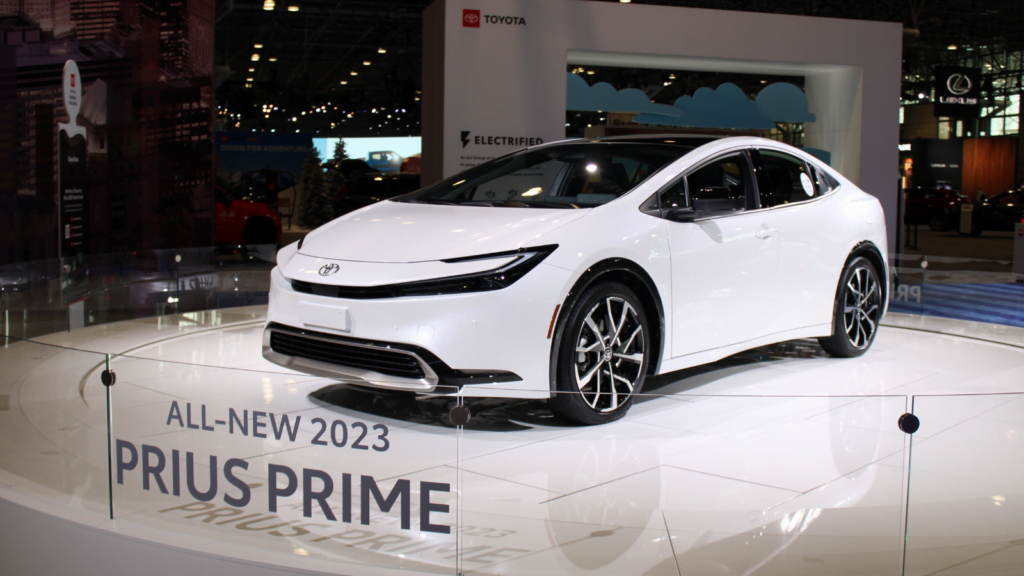With multiple initiatives taken by international organizations and measures adopted to protect the environment – there is a significant shift towards electric vehicles. This change is because of sustainable development and the outstanding technology and performance that electric vehicles offer. By 2025, the automotive landscape will witness prominent electric vehicles that refine driving and emerge as dominating forces sweeping away their competitors. Here is a list of 15 car brands that could dominate the electric markets by 2025
Tesla
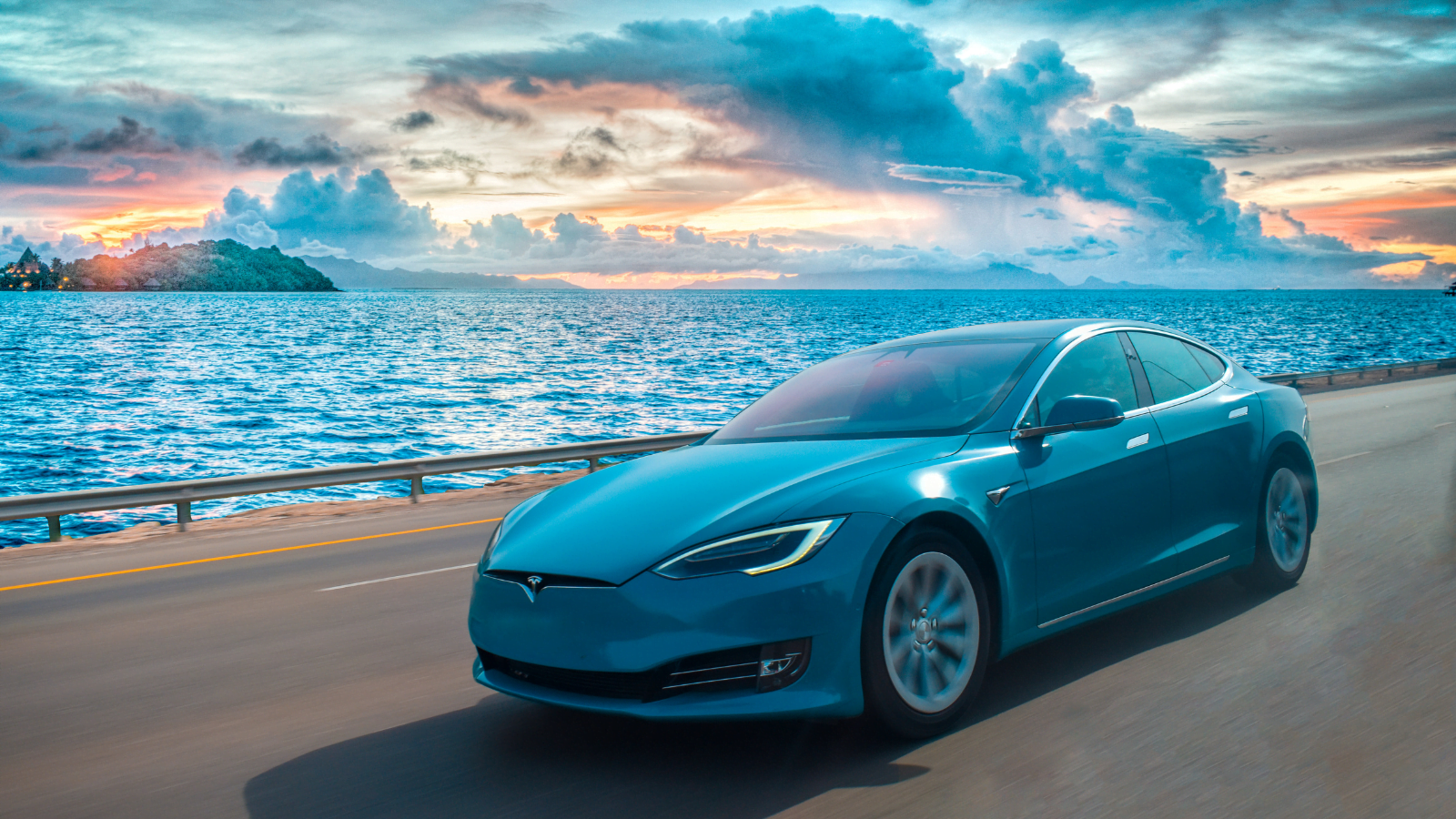
With over a decade of experience, Tesla is a strong candidate to dominate the electric market by 2025. It is already hailed as the king of electric cars, and its extensive features stand as a testament to that. Specifications such as the autopilot and supercharge set it apart from the other EVs that lag behind Tesla. Judging by the pace at which Tesla is upgrading its battery and power, it will surely tighten its grip as a dominating brand even further in a few years.
Volkswagen
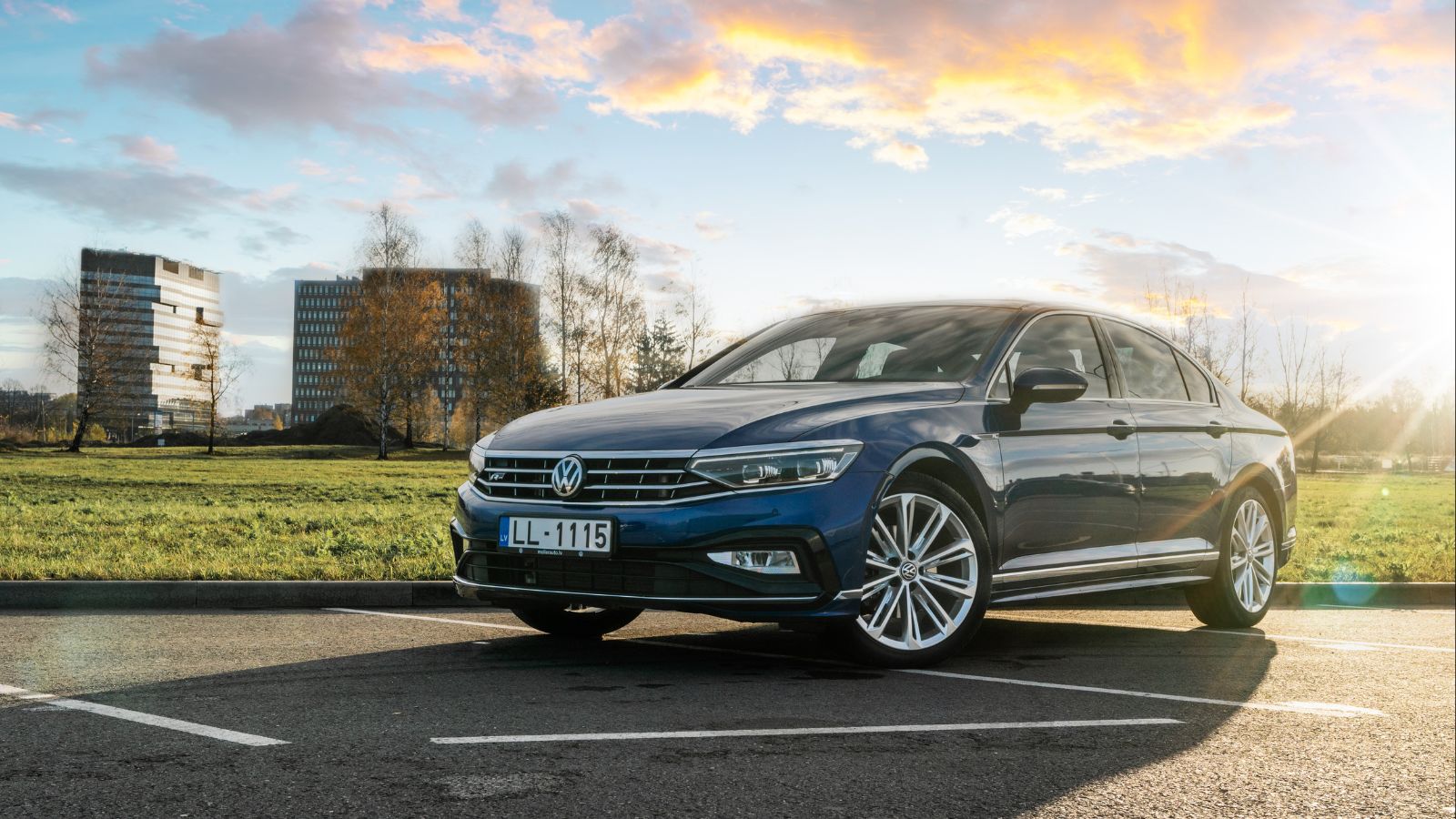
One of the world’s biggest automotive brands, the Volkswagen Group, is heavily investing in upgrading its vehicles. Its recent vehicles, Volkswagen ID.4 and Volkswagen ID.3 aim to improve their position in terms of EV mobility. A range of electric vehicles is possible by 2025, elevating their position as a dominating brand. The recent performance and capabilities showcase their manufacturing power and ability to be a prominent force in the industry.
BMW
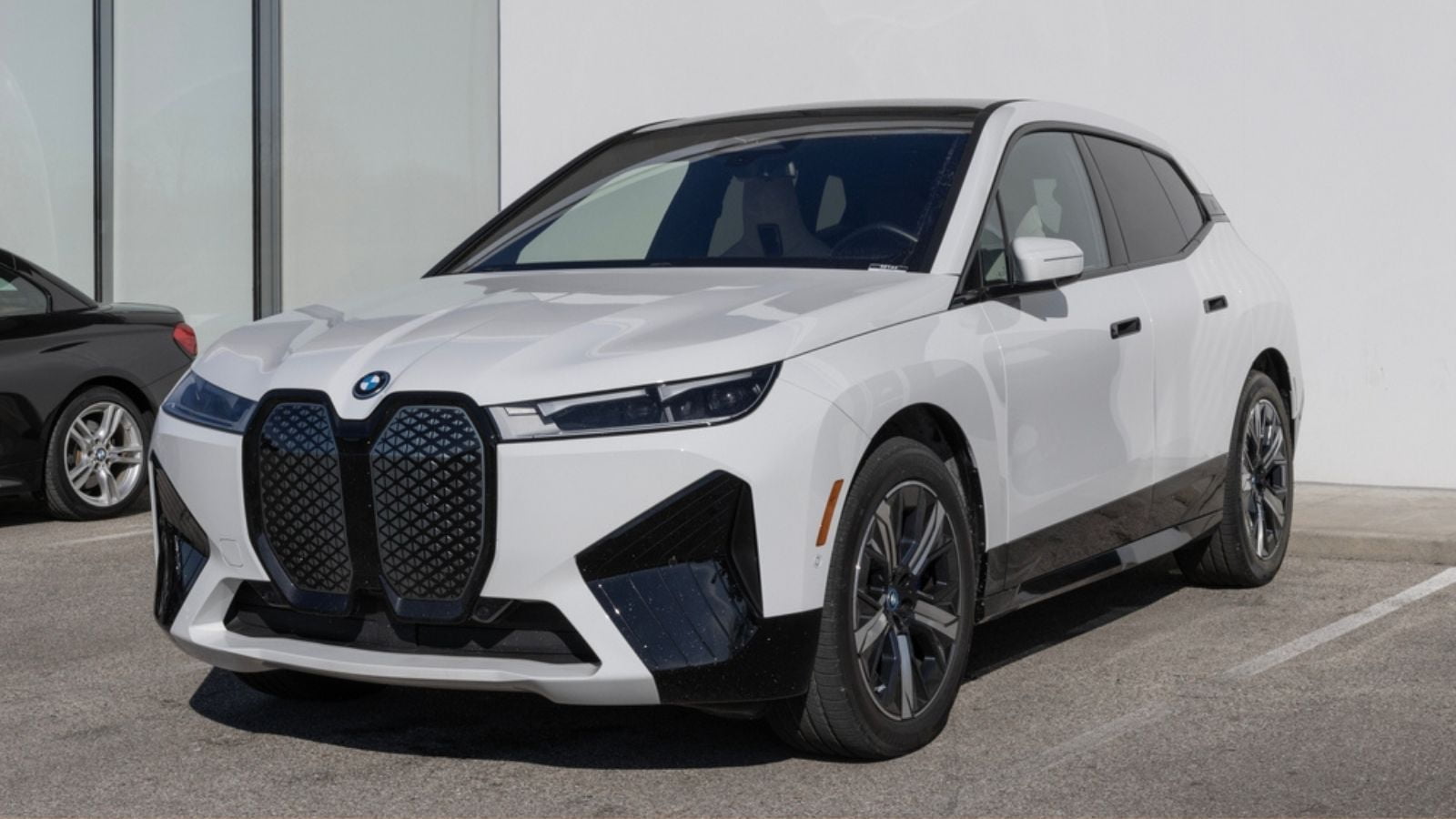
Another such brand is BMW, whose manifesto aims to expand its options for electric vehicles, providing the same luxury and comfort. The BMW iX and BMW i4 are EVs that have increased the brand’s popularity in the electric realm and have harnessed their reliability. As the demand for electric vehicles increases, BMW further expands its options to cater to sustainability needs while offering top-class quality.
Audi
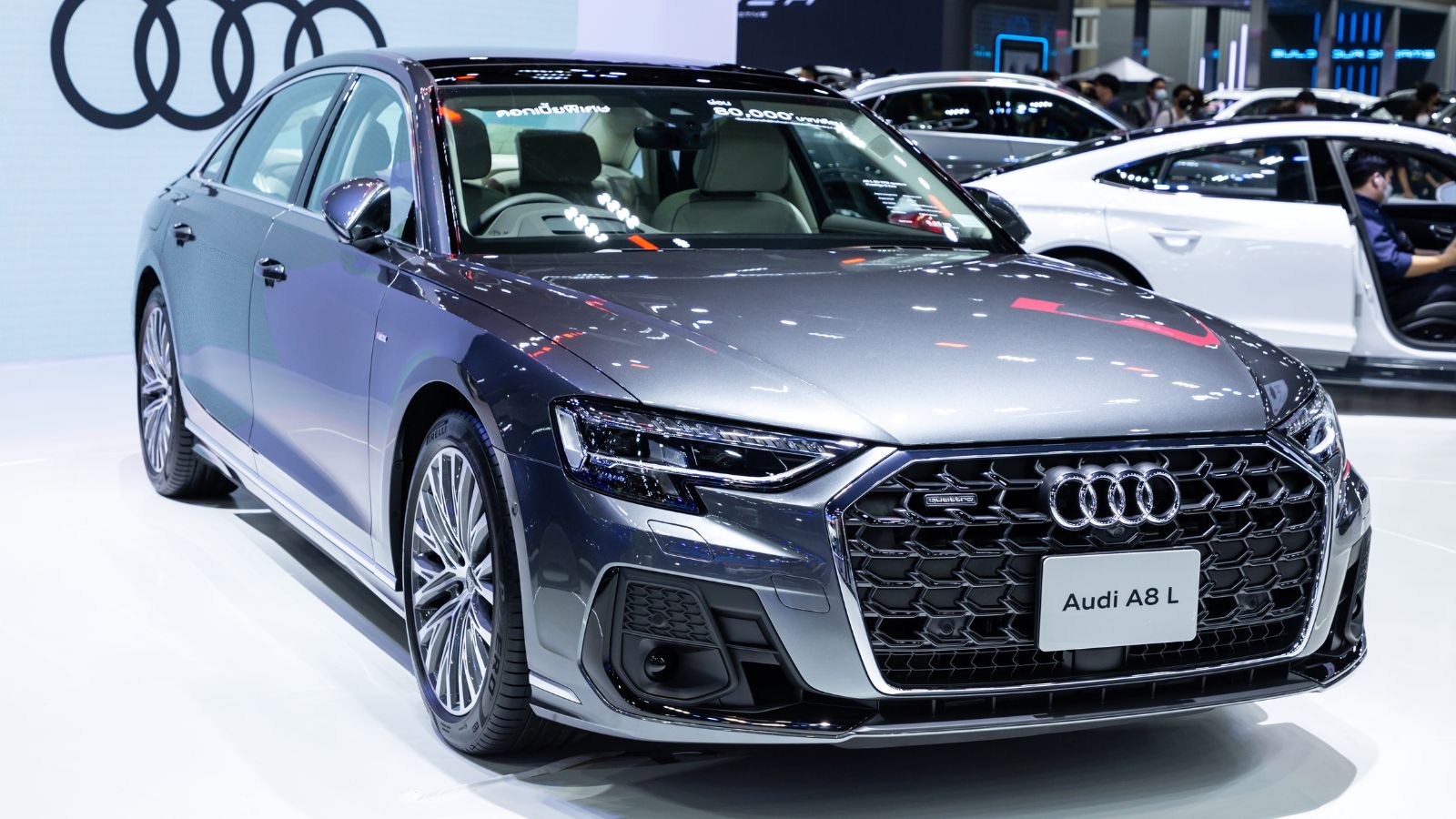
As a Volkswagen group subsidiary, Audi’s RS e-tron GT is one of the greatest electric vehicles ever. Audi has also introduced other rapidly evolving electric vehicles, establishing itself as a flag bearer in this race. In 2025, or the next few years, Audi will have broadened its lineup, equipping it with more advanced technology, range, acceleration, and power.
BYD
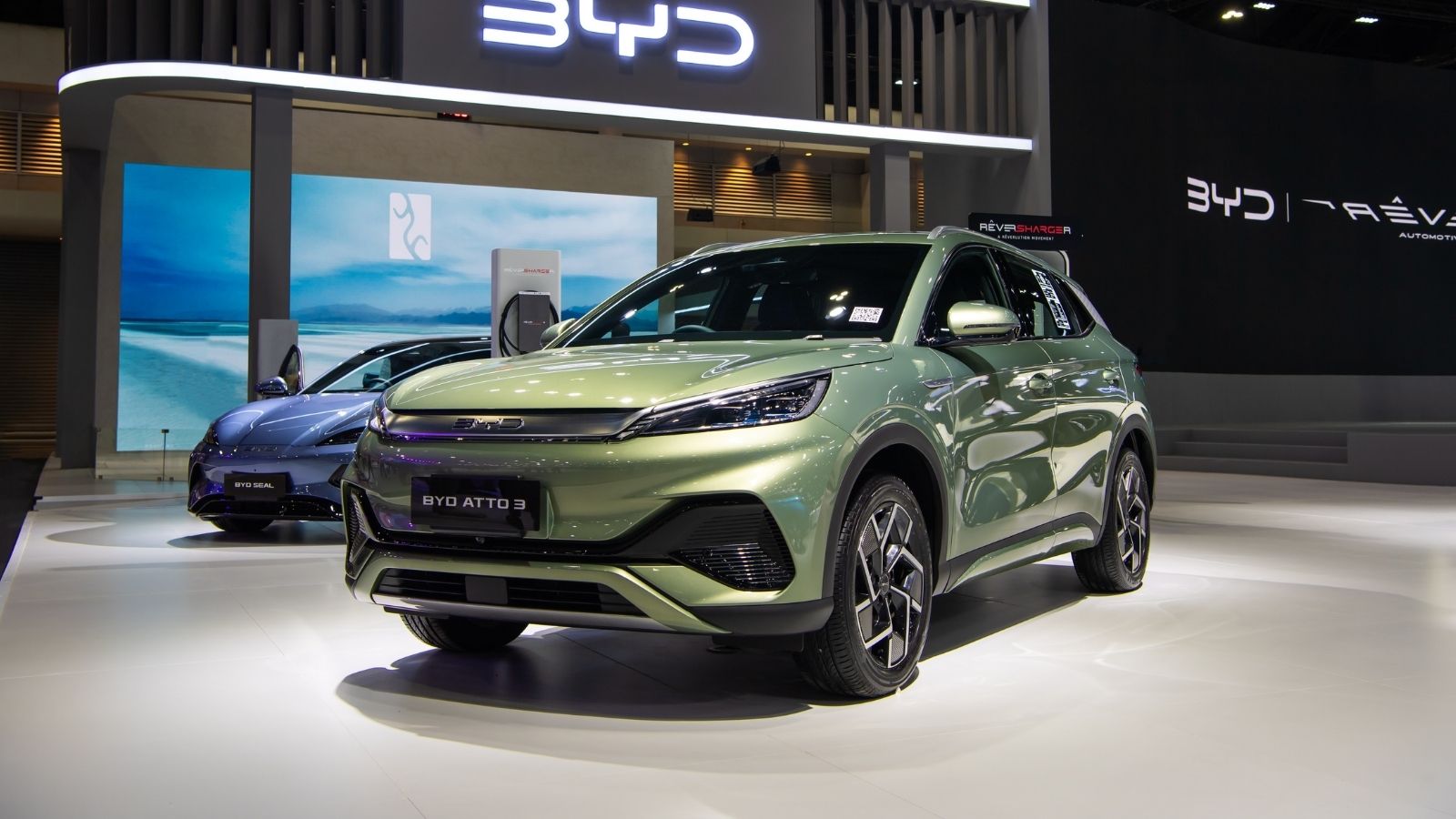
Dominating the electric vehicle markets in China, BYD emerges as a potential candidate because of its massive growth in domestic and international space. The Qin Plus, BYD’s bestseller, sold 400 units more than Tesla’s Model Y. Other variants, such as the Seagull, Yuan Plus, and Dolphin, have surpassed many competitors by offering an affordable price cut. There may be some issues due to its foreign origin and expansion globally, but by 2025, BYD is firm on its ambitious goal to enhance its vehicle performance.
NIO
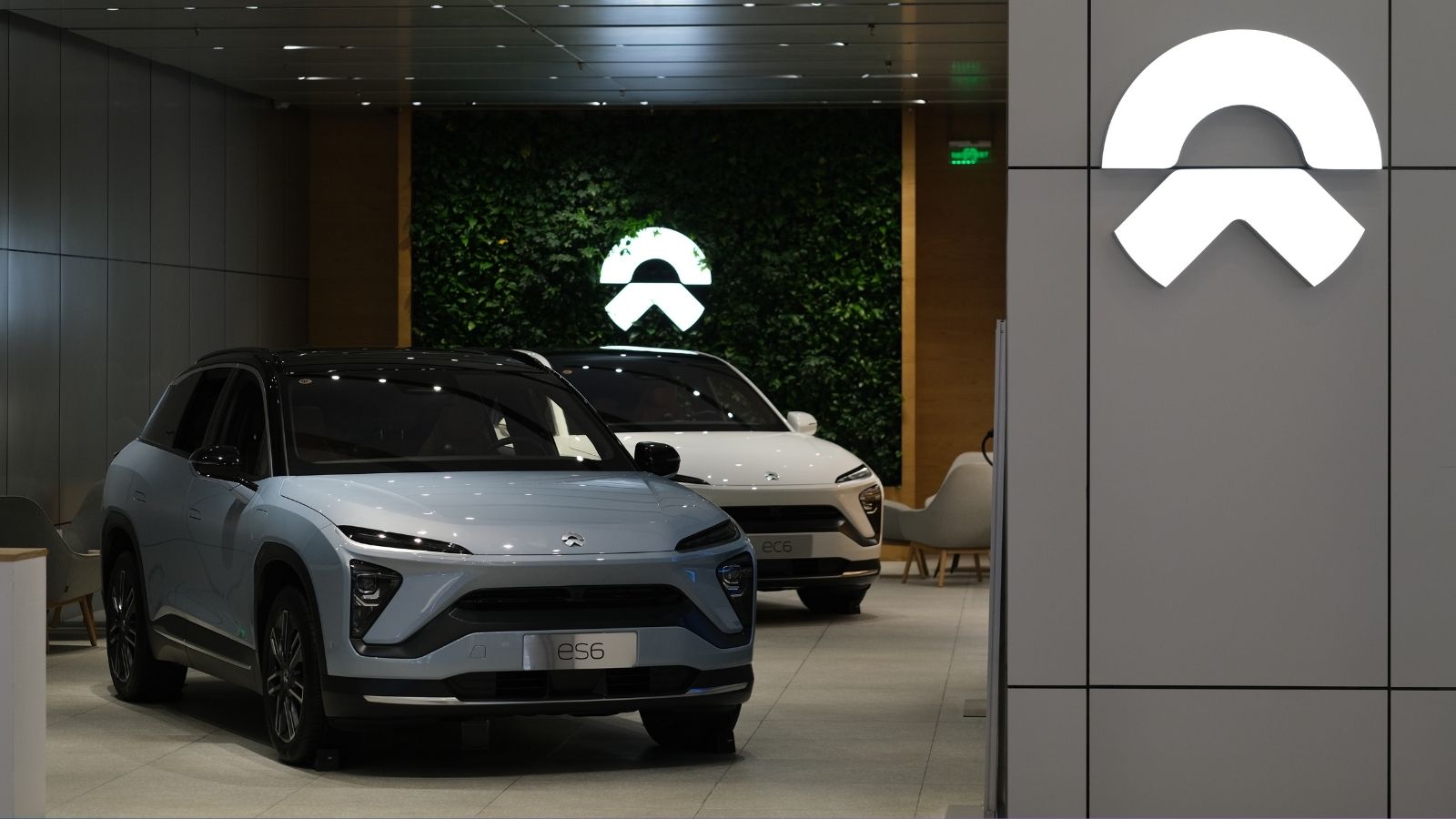
Concerning the Chinese markets, NIO is another formidable opponent in the electric market space. NIO tries to differentiate itself by using a factor that many EVs have not fully achieved—autonomous driving. Understanding the importance of a longer range and battery depreciation issues, this brand invests heavily in these sectors to improve its charging infrastructure. The luxury 5-door NIO ES6 has a 100 kWh battery capable of 330 miles on a single charge.
Ford
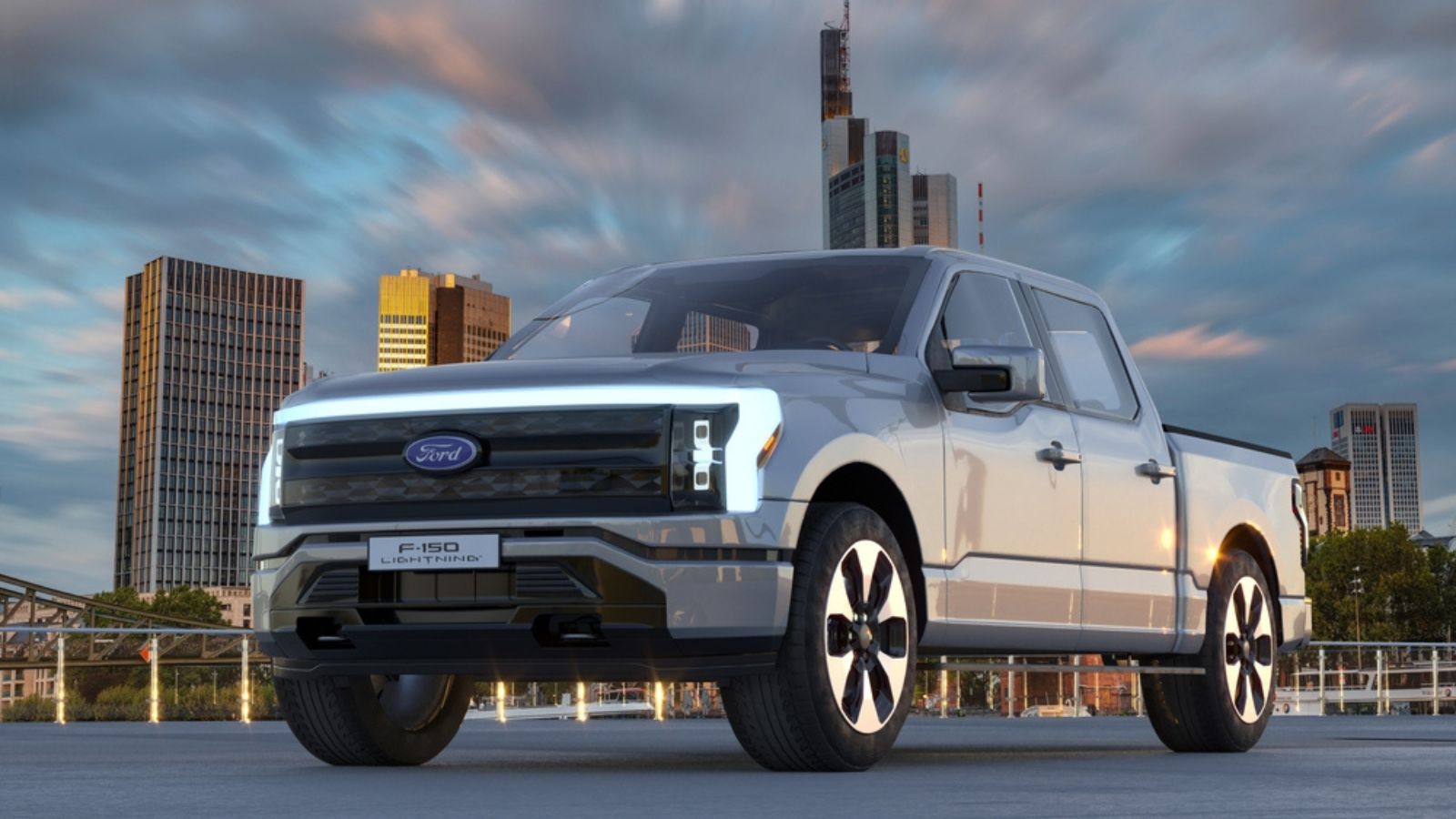
One of the oldest American automotive manufacturers, Ford is also transitioning to electric vehicles with its Mustang Mach E and F 150 lighting models. Using its muscle car heritage, Ford induces excitement in consumers who patiently look forward to the brand’s expansion. The Mach E must be viewed for its own SUV merits rather than comparing it to the gasoline Mustang. In terms of the electric truck, the F150 Lighting is a powerful model that provides comfort and an exhilarating off-road performance.
General Motors
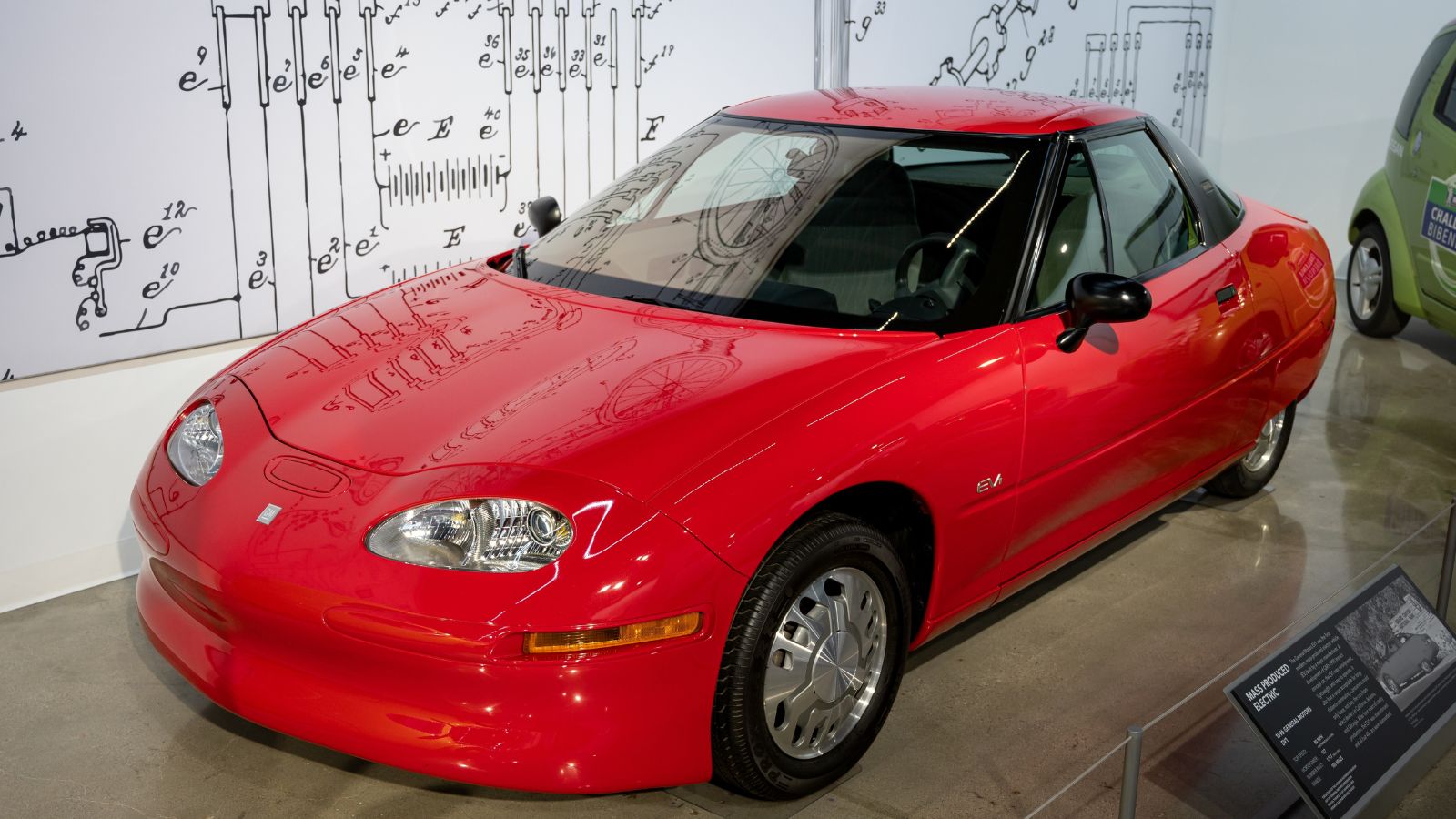
Doubling down on its electric vehicle production, General Motors has models like Chevrolet, GMC, and the Cadillac Cimarron. Being one of the most significant multinational automotive companies, it already has a diverse EV portfolio, which has positively appealed to the public. Their sales are off the charts, with nearly 6.2 vehicles sold in 2023 and 2024. The efforts to utilize the Ultium battery platform to extend range, faster charging, and improve performance appeal to luxury car enthusiasts. Various resources are being put into future models, such as the GMC Hummer, an electric truck, and Cadillac Lyria.
Rivian
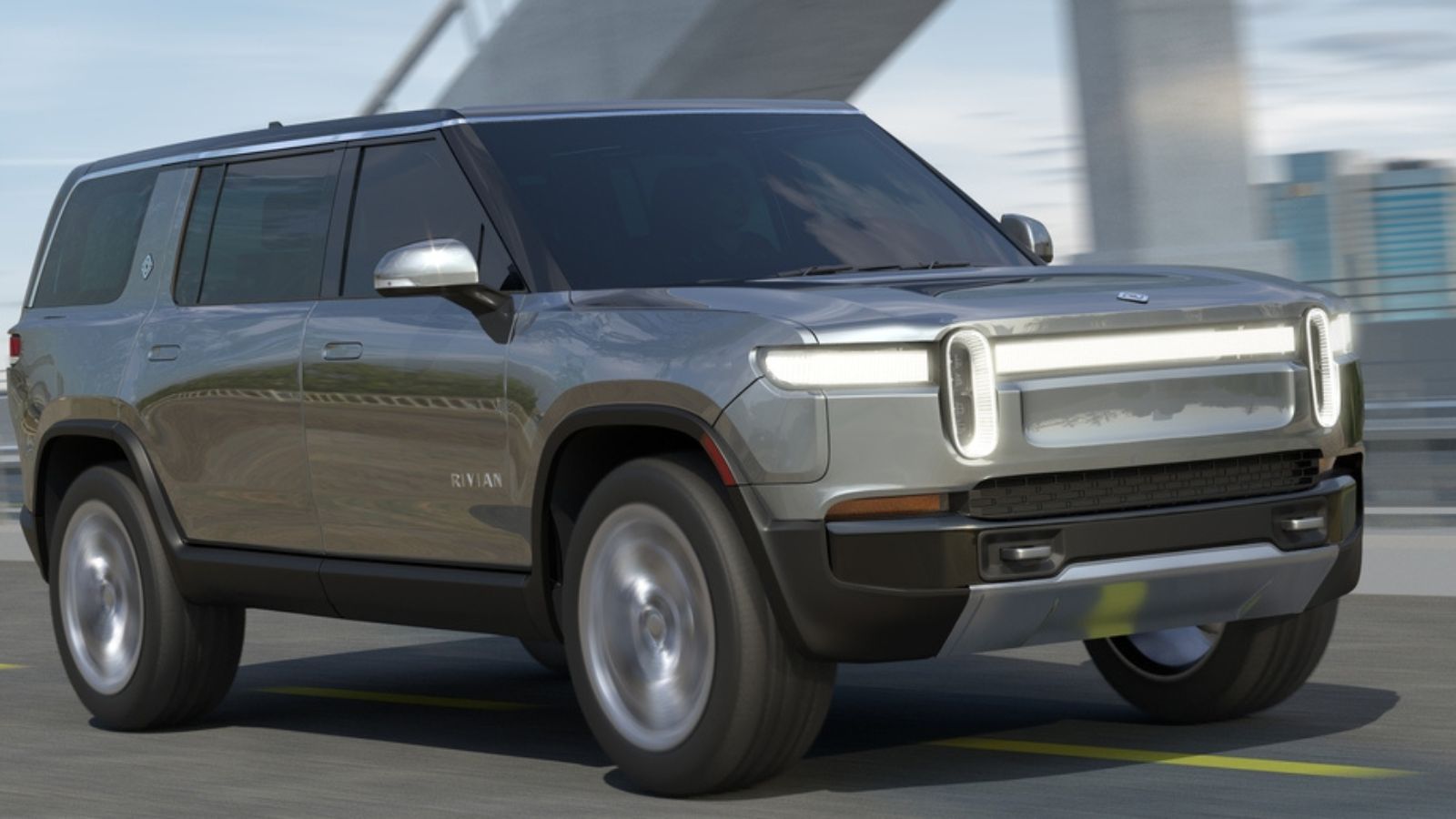
This American electric vehicle company was founded in 2009 and is relatively young compared to the other established brands. Even though they haven’t stuck around for too long, their electric venturesome vehicles, such as the RT1 pickup truck and R1S, a luxurious SUV, have had quite a significant impact. Their pickup truck provides ample cargo space and a safe off-road experience while generating high acceleration speeds, too. Rivian has also started delivering electricity delivery vans for the commercial giant Amazon, showcasing its ability to cater to commercial needs.
Nissan Renault
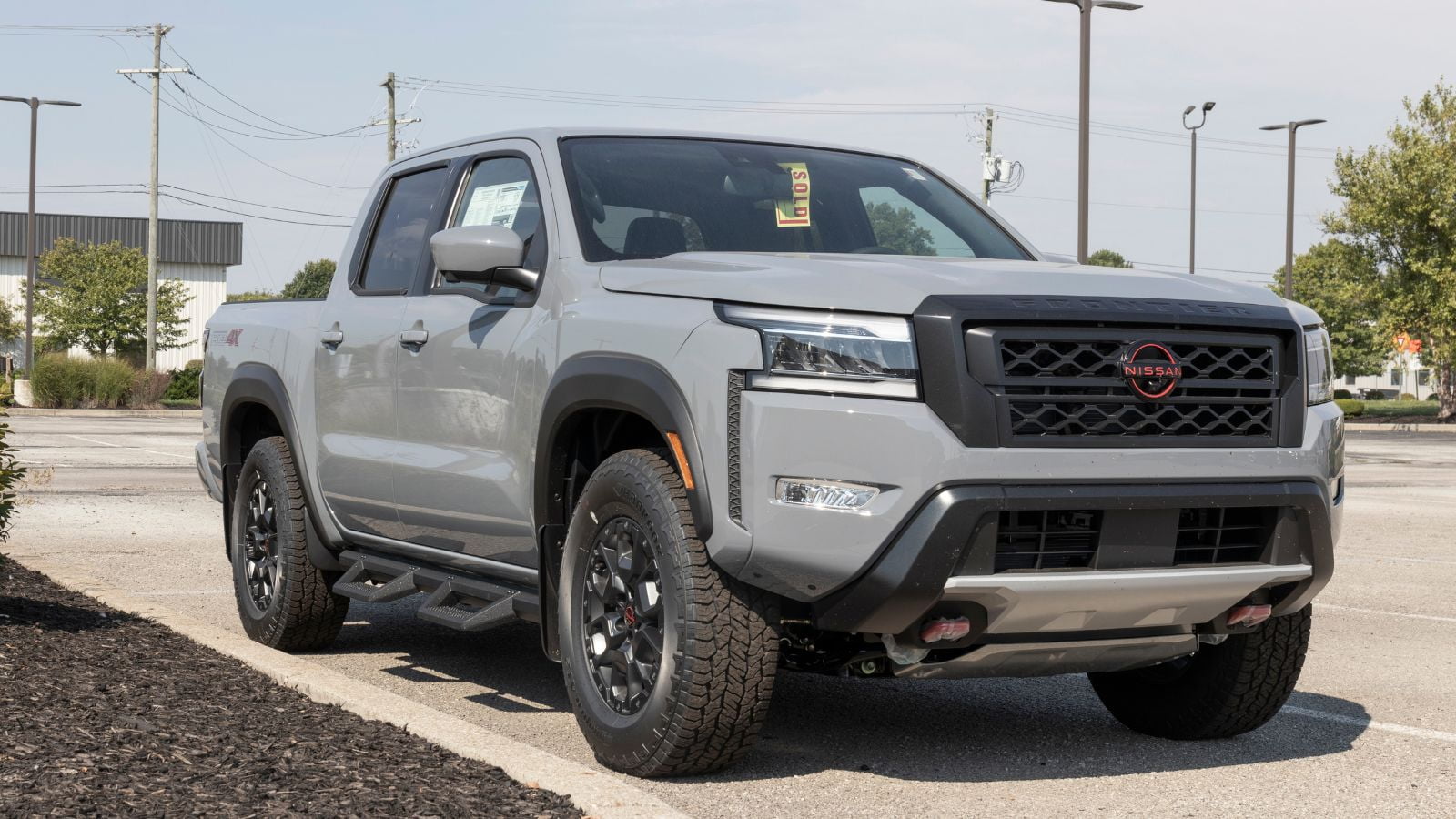
With the Nissan – Renault – Mitsubishi alliance, the trio emerges as a powerful group in the electric market. The Nissan LEAF is the best electric vehicle in 2016 and 2017. The Leaf, until it was surpassed by Tesla, was the world’s all-time top-selling plug-in car. However, it remained relevant in the industry and received the ‘Best Family Electric Car’ in 2022 by UK Carbuyer’s Best Used Car Awards. By 2025, the Nissan Renault – Mitsubishi alliance will have a significant impact on the industry with shared technology, ideas, and resources.
Mercedes Benz
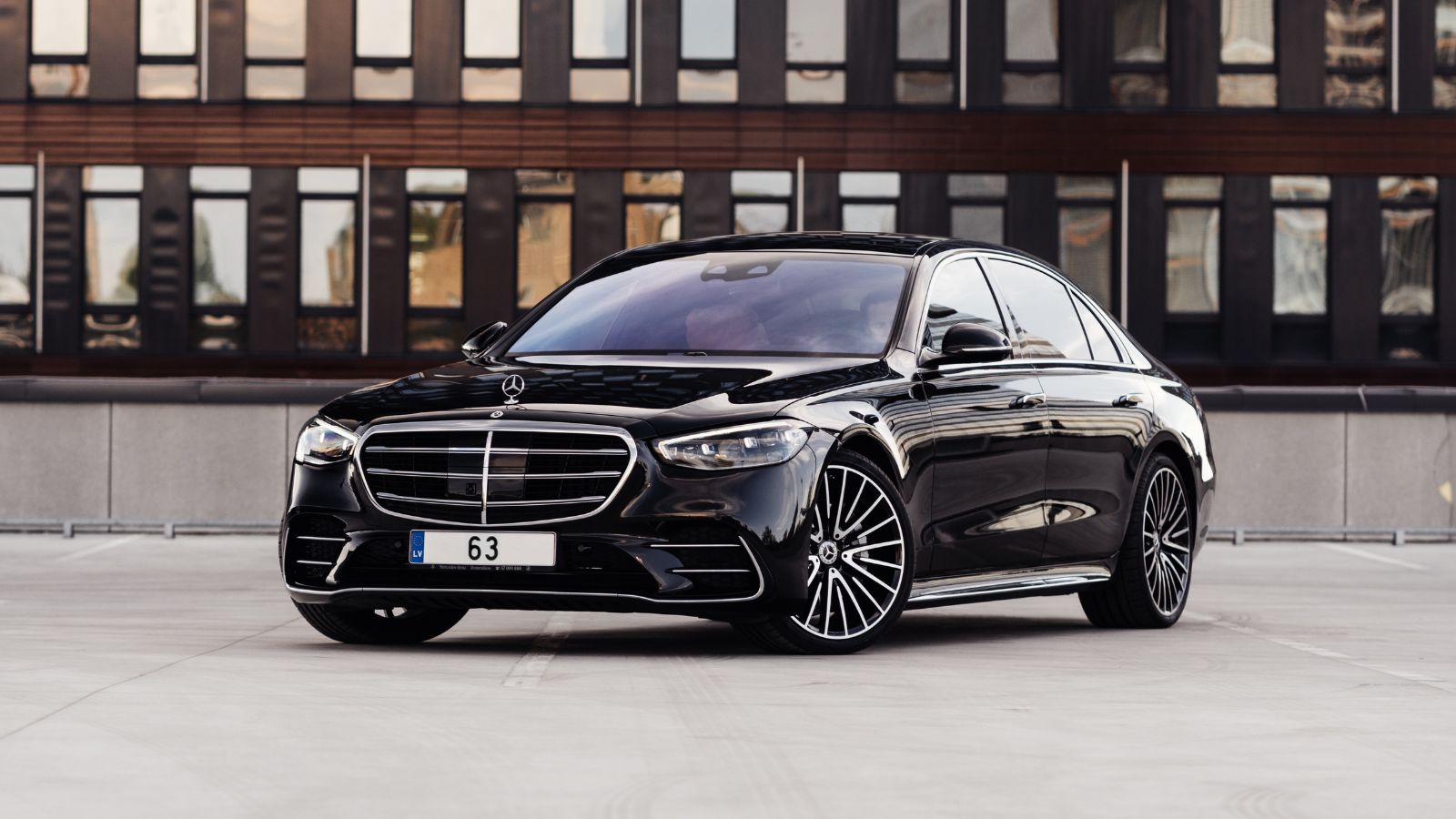
By 2025, Mercedes Benz will be positioned to dominate the electric vehicle market with its C, D, and F segment electric crossover SUVs. Be it the EQS or the EqC series, these vehicles live up to the hype, showcasing the brand’s commitment to making more cars in the future. The mesmerizing style, hands-free capabilities, seamless driving experience, rear and all-wheel configuration, and long range truly match the brand’s slogan, “The Best or Nothing.”
Hyundai
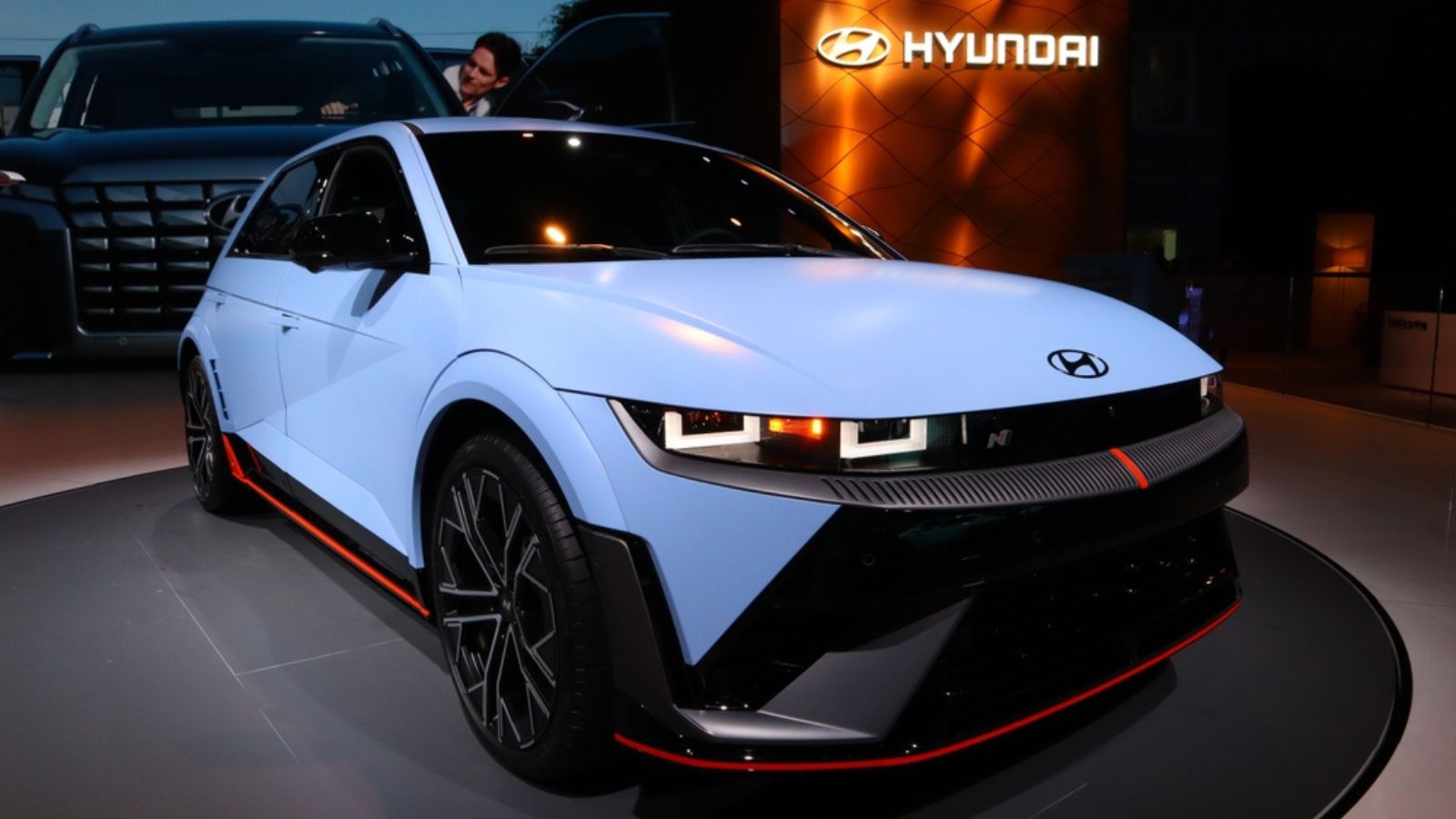
Hyundai is making significant progress as it enhances its technology and production. The brand’s top-rated vehicles are the Hyundai Ioniq 5 and Hyundai Kona electric. The Kona is a people’s favorite, with amplified lumbar support, bold exteriors, and sleek design. Other features include fine LED lighting, front ventilation, and heated seats. The Ioniq5’s 800V battery adds a 100 km range in under 5 minutes and can support charging up to 220 kW. Further improvements to these factors will make Hyundai a vital candidate for dominating the market.
Kia
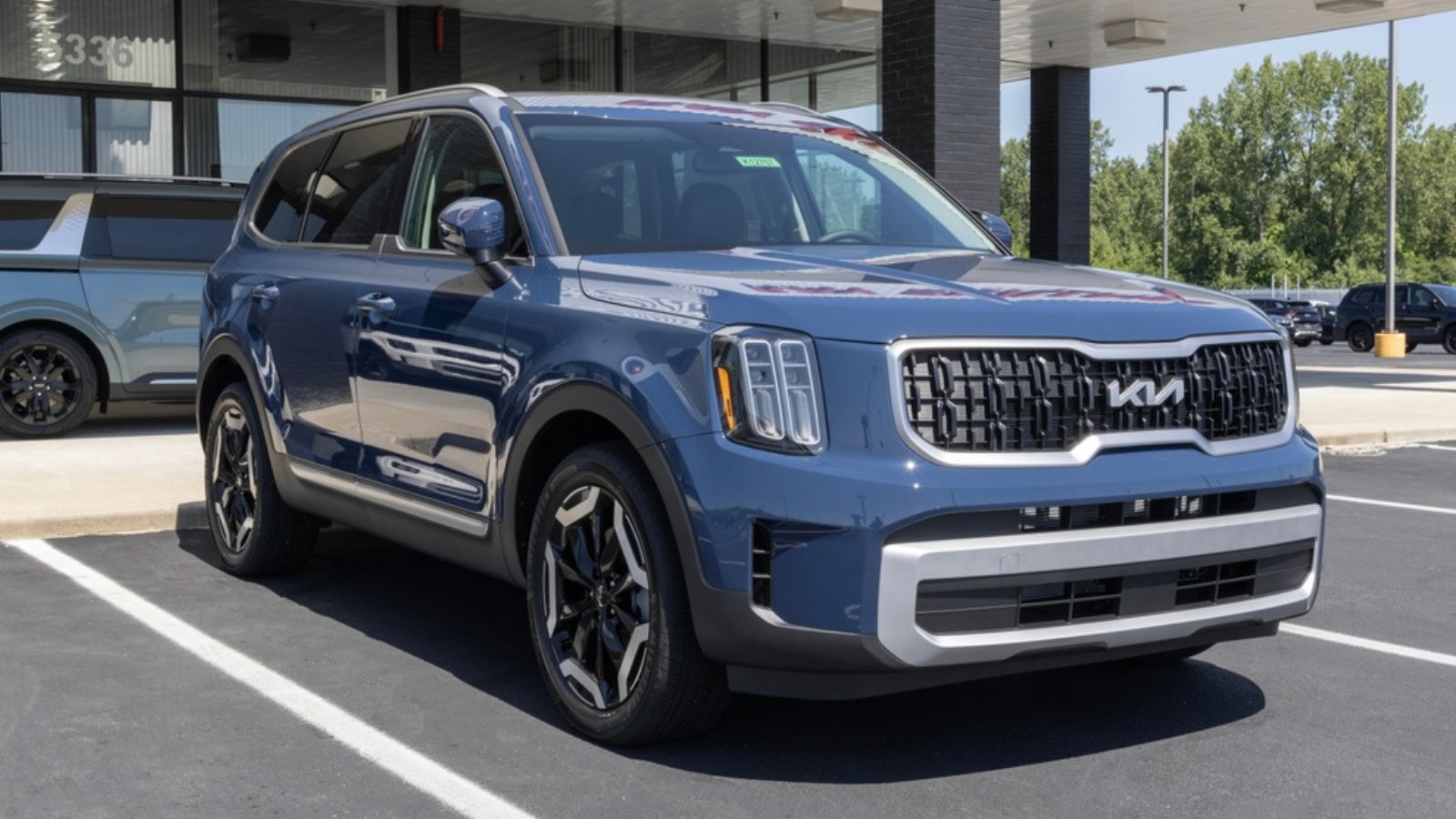
With significant diversification in Kia’s electric lineup, it does have the potential to dominate the market due to some key features. Firstly, it highly benefits from its affiliation with Hyundai, which adds a lot of credibility and reputation to the brand. For consumers who want to move towards electric mobility, models like the Kia EV6 and the Kia Soul EV offer a luxurious look and compelling performance for a competitive price. Its global network helps the brand reach its consumers to provide and cater to the needs of environmentally friendly transportation.
Polestar
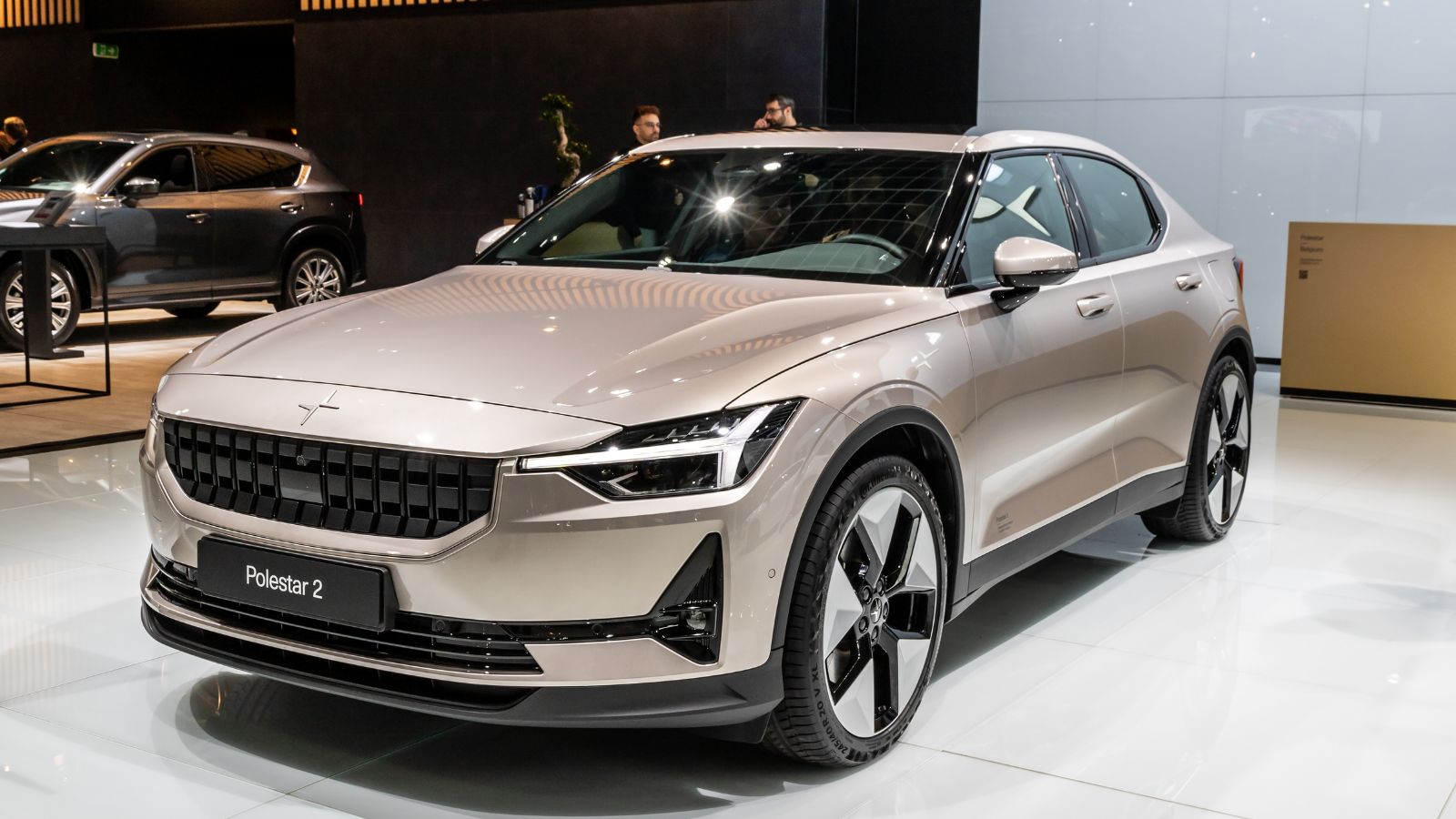
The Swedish automotive manufacturer Polestar is owned by Volvo Cars, which began the production of its first electric vehicles in the late 2000s. Among their cars, the Polestar 2 stands out, offering a blend of luxury and resilience. It has a Google-powered informative system, a premium design, and a spacious interior. Its production also prioritizes eco-friendly materials to minimize the carbon footprint. As we look into 2025, Polestar’s Model 3 will be further upgraded, offering a better battery, over-the-air updates, and advanced driver assistance.
Porsche

With the launch of the Porsche Taycan, the brand has made a bold declaration in the electric vehicle market, flexing its technology and driving dynamics. The brand is expanding its portfolio by introducing its second model – the EV Macan and the slightly upgraded Macan Turbo. These vehicles are the first Porsche vehicles to use 800-volt architecture, which charges up to 80% in 20 minutes. This may take away some hype from the Taycan, but regardless, it is a force that will possibly dominate the markets in 2025.
12 Reasons Why Hybrid Vehicles Might Not Be Your Best Choice
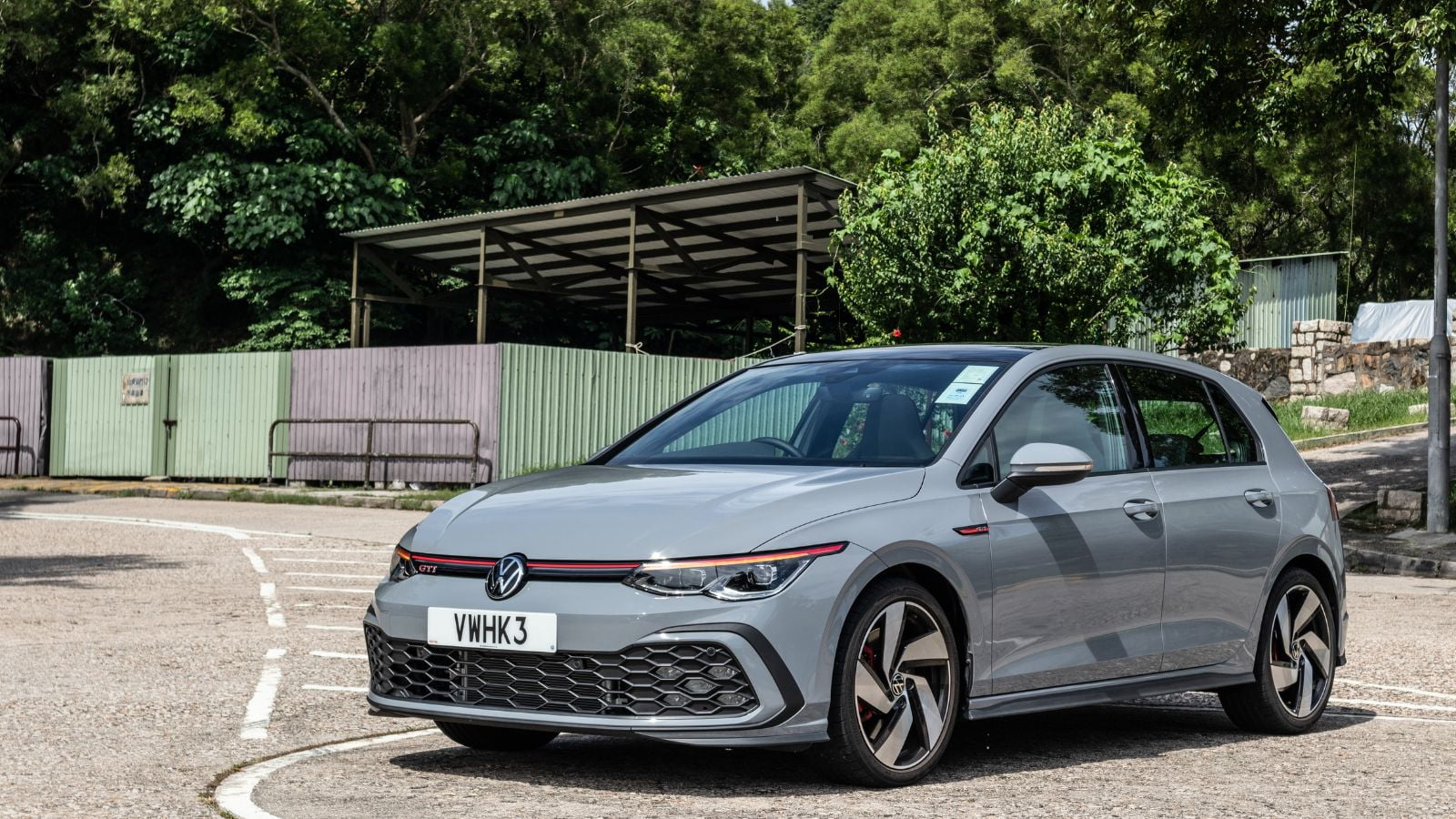
Hybrid vehicles have been credited for combining electric motors and combustion engines, which have become increasingly popular. They have bridged the gap between traditional gas-powered and fully electric vehicles, offering potential buyers an option to explore these technologies without giving up familiarity with the other. It is essential to look at the larger picture as these vehicles come with their own set of drawbacks which cannot be overlooked. Below are 12 reasons why Hybrid Vehicles may not be your best choice.
12 Reasons Why Hybrid Vehicles Might Not Be Your Best Choice
